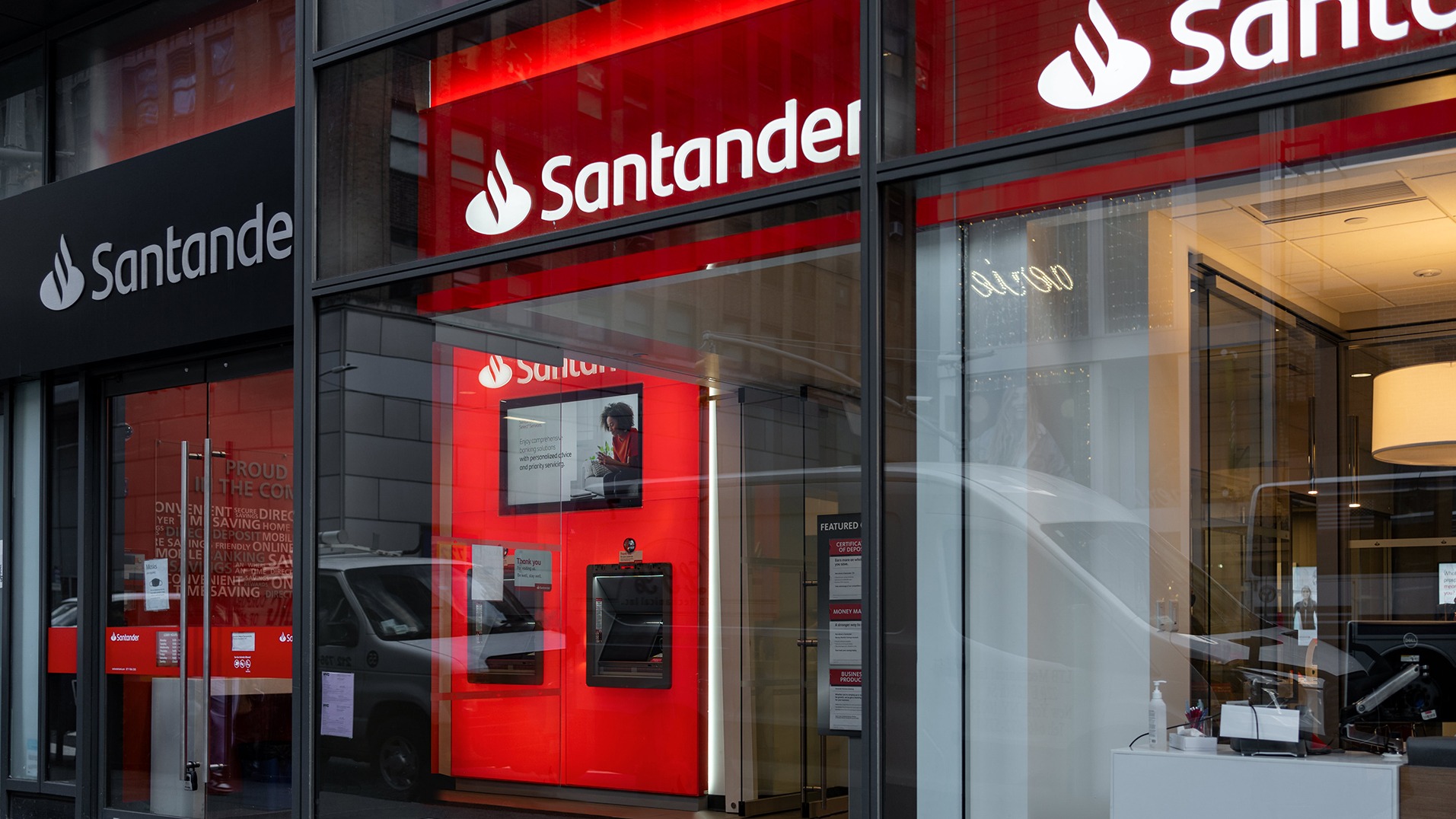Finland, Sweden, Norway, Denmark and Estonia are reportedly developing an offline card payment system to serve as a backup in the event of internet outages amidst a steady rise in cyber security attacks.
The move comes as Western intelligence agencies accuse Russia of carrying out various acts of sabotage against Europe, with the Baltic Sea region experiencing several cases of unexplained damage to critical underwater infrastructure in recent years.
Tuomas Valimaki, a member of the Bank of Finland's board, told Reuters that serious disruptions have increased due to political changes and that payments have become a target as they play a key role in everyday life.
Referring to the Ukraine-Russia conflict, he added: “There is a war in Europe, and around that war, there is all sorts of hybrid influence and harassment, which may involve disrupting or cutting connections.”
He also warned against Europe's heavy reliance on US companies Visa and Mastercard for card payments, calling for a reduction in this dependence.
“We may feel like we have options, to pay with debit or credit or with Apple Pay for example, but all of those function via the Visa and Mastercard infrastructure," he said.
Although the system is still under development, Valimaki said offline payments could involve the use of terminals that encrypt and store transaction data until the internet connection is restored.
He added that Finland will introduce a national system for instant payments in a few years, while offline payments will be available to consumers as early as next year.
The Swedish central bank also told Reuters that it is developing a system that will allow Swedes to make offline card payments to buy essential goods in the event of disruptions lasting up to seven days, adding the system could be ready by July next year.
The move comes as the European Central Bank looks to introduce a digital euro, which would allow instant payments.
The system aims to be a digital form of central bank money complementing existing cash and bank deposits to facilitate secure digital payments in the euro region.
Latest News
-
Gemini to cut quarter of workforce and exit UK, EU and Australia as crypto slump forces retrenchment
-
Bank ABC’s mobile-only ila bank migrates to core banking platform
-
Visa launches platform to accelerate small business growth in US
-
NatWest to expand Accelerator programme to 50,000 members in 2026
-
BBVA joins European stablecoin coalition
-
eToro partners with Amundi to launch equity portfolio with exposure to ‘megatrends’
Creating value together: Strategic partnerships in the age of GCCs
As Global Capability Centres reshape the financial services landscape, one question stands out: how do leading banks balance in-house innovation with strategic partnerships to drive real transformation?
Data trust in the AI era: Building customer confidence through responsible banking
In the second episode of FStech’s three-part video podcast series sponsored by HCLTech, Sudip Lahiri, Executive Vice President & Head of Financial Services for Europe & UKI at HCLTech examines the critical relationship between data trust, transparency, and responsible AI implementation in financial services.
Banking's GenAI evolution: Beyond the hype, building the future
In the first episode of a three-part video podcast series sponsored by HCLTech, Sudip Lahiri, Executive Vice President & Head of Financial Services for Europe & UKI at HCLTech explores how financial institutions can navigate the transformative potential of Generative AI while building lasting foundations for innovation.
Beyond compliance: Building unshakeable operational resilience in financial services
In today's rapidly evolving financial landscape, operational resilience has become a critical focus for institutions worldwide. As regulatory requirements grow more complex and cyber threats, particularly ransomware, become increasingly sophisticated, financial services providers must adapt and strengthen their defences. The intersection of compliance, technology, and security presents both challenges and opportunities.
© 2019 Perspective Publishing Privacy & Cookies




.jpg)









Recent Stories